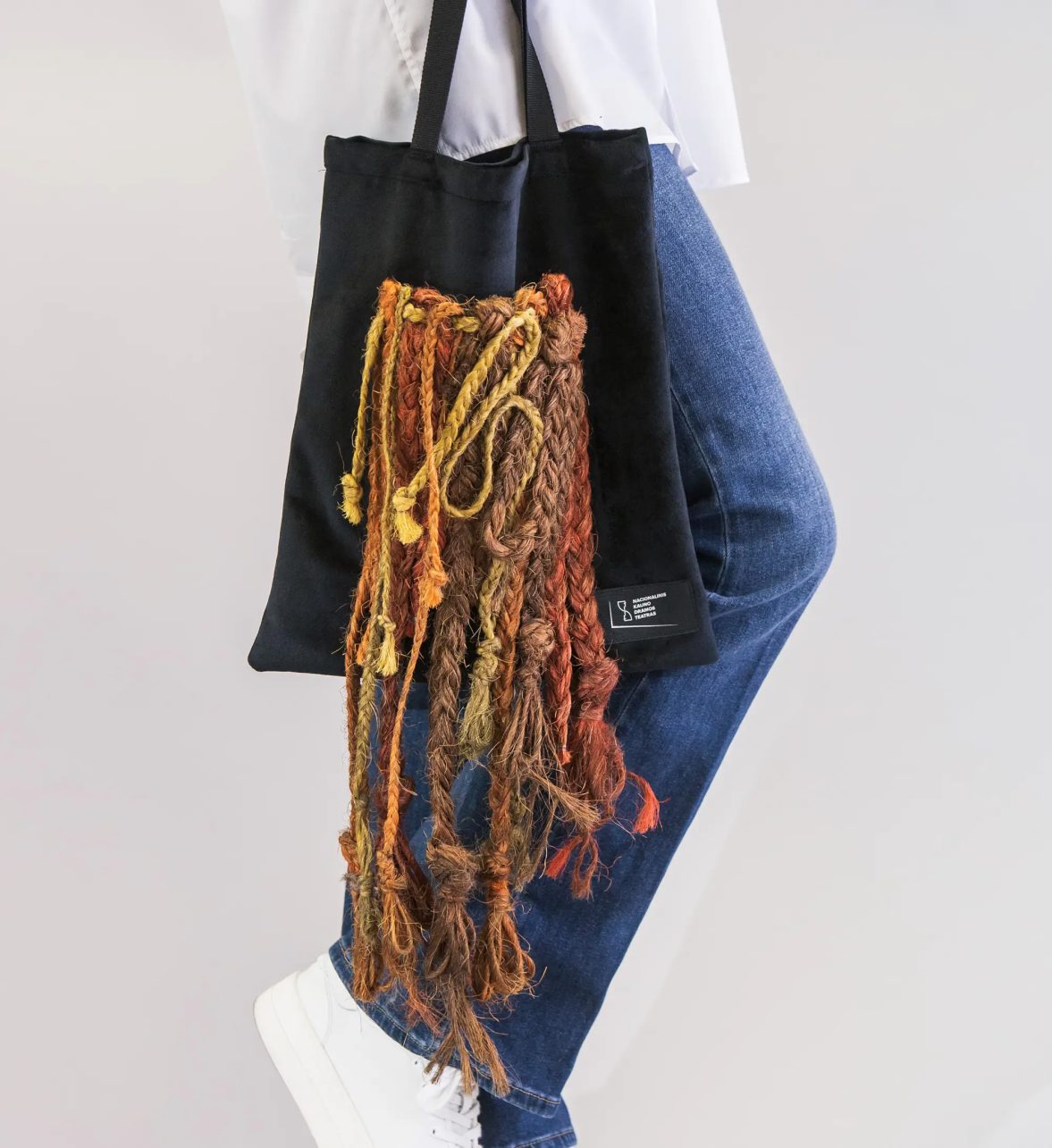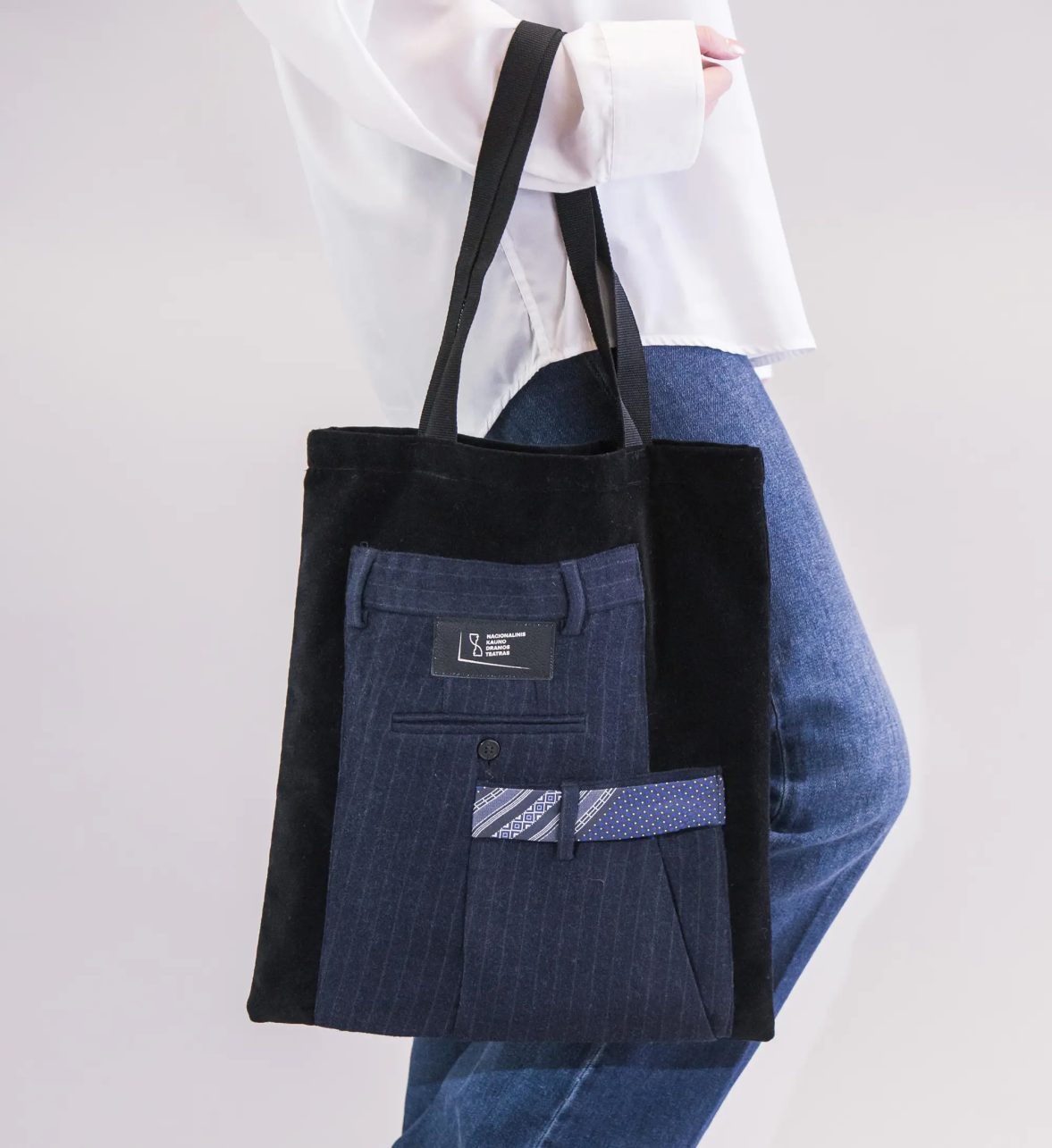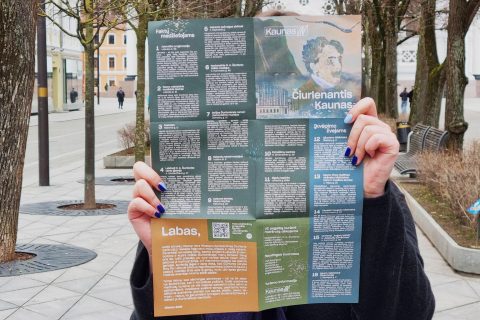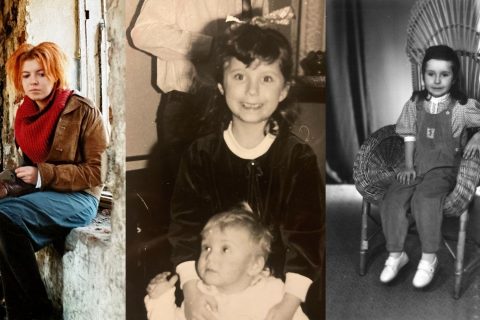How many times have you faced the challenge of buying nothing but food or a few other daily essentials for the next month? It happened to me. But after thinking about it more, I realize how paradoxical it all sounds. In the last decade of the Soviet Union’s existence, the deficit of basic goods drove everyone crazy – you had to stand in lines at night and hope that you would be able to get the most necessary things. And today, everything is completely different. While rolling around in bed, you can click on your phone screen and hope that another item, which you might not even use for long, will reach your home at the end of the working day.
Changes in consumption are obvious and even a cause for concern today. What will happen when we finally overflow our home, i.e. the Earth, with heaps and heaps of unnecessary things? These thoughts of mine prompted me to interview people, who, in one way or another are involved with manufacturing or selling souvenirs or similar goods that are non-essential but evoke feelings and bring pleasure. First, we talked to Saulius Gervickas, the manager of the wholesale company Zoop, which specializes in advertising paraphernalia. His team’s products have become souvenirs of many organizations, communities, events, branded clothing, etc. Ernesta Andriulaitienė, project manager of the tourism and marketing department of Kaunas IN agreed to tell us about the tangible greetings from Kaunas. Agnė Burovienė from the National Kaunas Drama Theater shared a story about how, instead of attaching their logo on purchased paraphernalia, the theater team now makes durable tote bags out of old costumes.

How do you think our changing consumption habits, the ever-increasing abundance of things, and what is happening around us (for example, climate change, and technological advances) have an impact on a person’s decision about what to buy and whether to buy at all?
Saulius: In my opinion, all the aforementioned factors influence the decision-making process, but probably only for a small number of people. I can’t deny that there are definitely people who genuinely care about sustainability, but in my eyes, there are still too few of them to make a difference in reducing consumerism. I think that sustainability, green politics, fair trade, and other buzzwords for many businesses (including world-class companies) are still more of a marketing tool than a real direction.
I will put it quite boldly: I have noticed that of all the orders our company receives (both from existing and potential customers), probably no more than 5 percent of customers are looking for products made from recycled materials. We certainly have such products, but the demand is not high. In any case, I am glad that our stock of clothing made from 100% recycled materials will soon be supplemented with products from the Pure Waste brand. It is difficult to predict what the customers’ reactions will be, but it is necessary to move forward.
Ernesta: Of course, the field of tourism is not an exception, it is also changing. We feel this not only by providing free information but also by making and selling souvenirs. For example, we switched from plastic bags to paper bags. Some customers refuse the bag themselves or at least reduce their quantity, and occasionally even purchase a cloth bag. And this is just one example.
Agnė: First of all, one would instinctively want to answer “Yes, it has an influence”, but it would be wrong to generalize. I think it depends a lot on where those people live – in third-world countries or Europe. If in Europe, is it a big city or a small town? We should consume consciously but not all people – even when they hear about pollution and excessive consumption – think about it and start to change their daily habits. That’s why, in my opinion, it is difficult to answer this question. The changing world has an impact, more and more people are becoming aware, and the communication about it is much more intense, but we have to admit that it is still not as intense as we would like.
Do your customers pay attention to the composition and history of the item being sold (T-shirt, bag, etc.)? For example, is the material recycled, environmentally friendly, or is everything made in an unfriendly country? Perhaps the most important thing for the average customer is the price.
Saulius: Only very few buyers ask about the composition of the product or where it was manufactured. Of course, there are definitely people who care, and I believe there will be more and more of them, but it takes time.
I don’t have much to say about products made in Lithuania because we don’t have such goods in stock. Our company’s range mostly consists of advertising paraphernalia, and in this area, the most important things are supply and a reasonable price.
Ernesta: The price is important to any customer who visits us, regardless of whether he is a foreigner or a Lithuanian. As an organization, we strive to ensure that our product range consists only of good-quality products produced in Lithuania. Even better if they are produced by Kaunas residents. We don’t have that many product categories, so they are all well thought out, exclusive, and reflect the essence of our brand. I have to add that we have noticed that our customers are increasingly paying attention to the composition of the product and the manufacturer’s information.
Agnė: We sell theatre tickets, so people focus on artistic composition and origin. It is mostly made in Lithuania. I’m joking, of course, but even in the theatre, customers are becoming more and more curious. They delve deeper into the provided information, which we are very happy about.
What do you think, nowadays, when some people’s houses are already filled with unnecessary things and others are striving for minimalism, does it still make sense to produce souvenirs? And if so, do we have enough opportunities to use more environmentally friendly solutions in their production?
Saulius: Very good question! As a consumer, I would say that, no, it’s not worth adding more stuff. However, as a businessman, my answer would be that the business is simply meeting the existing demand. I believe that someday when there is no more consumer-generated demand, there will be no need to produce souvenirs.
Ernesta: To avoid that overload, we try to create souvenirs that can be easily used many times or take up very little space but would provide beautiful memories of the country or city visited.
Agnė: Kindness is innate in people. As well as the desire to give, to please. It’s great when everything can be combined into one product: doing good, representing the institution, and making a dear partner happy. Also, it is nice to receive a postcard at Christmas that was drawn by children rather than mass-printed by an ad agency. This way you know that the institution that is sending the greeting not only prepared the gift but also did something kind, for example, donated money to Mamos linija (a support line for new mothers, ed.). I think that not only people’s awareness but also companies’ awareness changes with time, and the concept of souvenirs inevitably requires more creativity and effort.

Agnė, I would like to ask about the new product of the NKDT season – bags made out of old costumes. How was this original and sustainable idea born?
Agnė: We have been thinking about a theatre souvenir for many years and we had many different ideas: from fire steel (creative spark) to theatre candles. We set four main requirements for ourselves. It could not be a mass-produced product, it had to symbolize theatre, look presentable, and not be expensive. I don’t remember how the idea of unique theatre bags, which would be made in the theatre from costumes that are no longer used in performances, came to us in the summer. They are one-of-a-kind creations; each bag is made of differently arranged costume fragments.
We discussed it with colleagues for quite a long time, but everything became real when Joana Bulotienė, a true master of her trade, from the decorative department, believed in the idea. These bags are handmade by her. Each one has its serial number and a label with the title of the performance and the premiere date of the costume used. The bags were made using costumes from Tales about Lego City, The Robber, Electra, and other plays.
So, the costumes, which, after the play is stopped being shown, would probably be left hanging in the costume room, and would be thrown away when torn, are now recycled into theatre bags, each of which has played in one performance or another. As far as I know, the students of the Kaunas Art Gymnasium have already bought the new theatre bags, the Estonian ambassador bought one along with other theatre lovers. Support is huge, and bags are always limited.
In general, do you think people care about all the things I’m asking you about? Or our cultural bubble is simply imagining that things are changing?
Saulius: To be honest, I’m not a huge optimist. I think people care but not the majority, unfortunately. But I hope that one day they will!
Ernesta: And I think that they care. Such big changes come slowly; we mustn’t give up.




